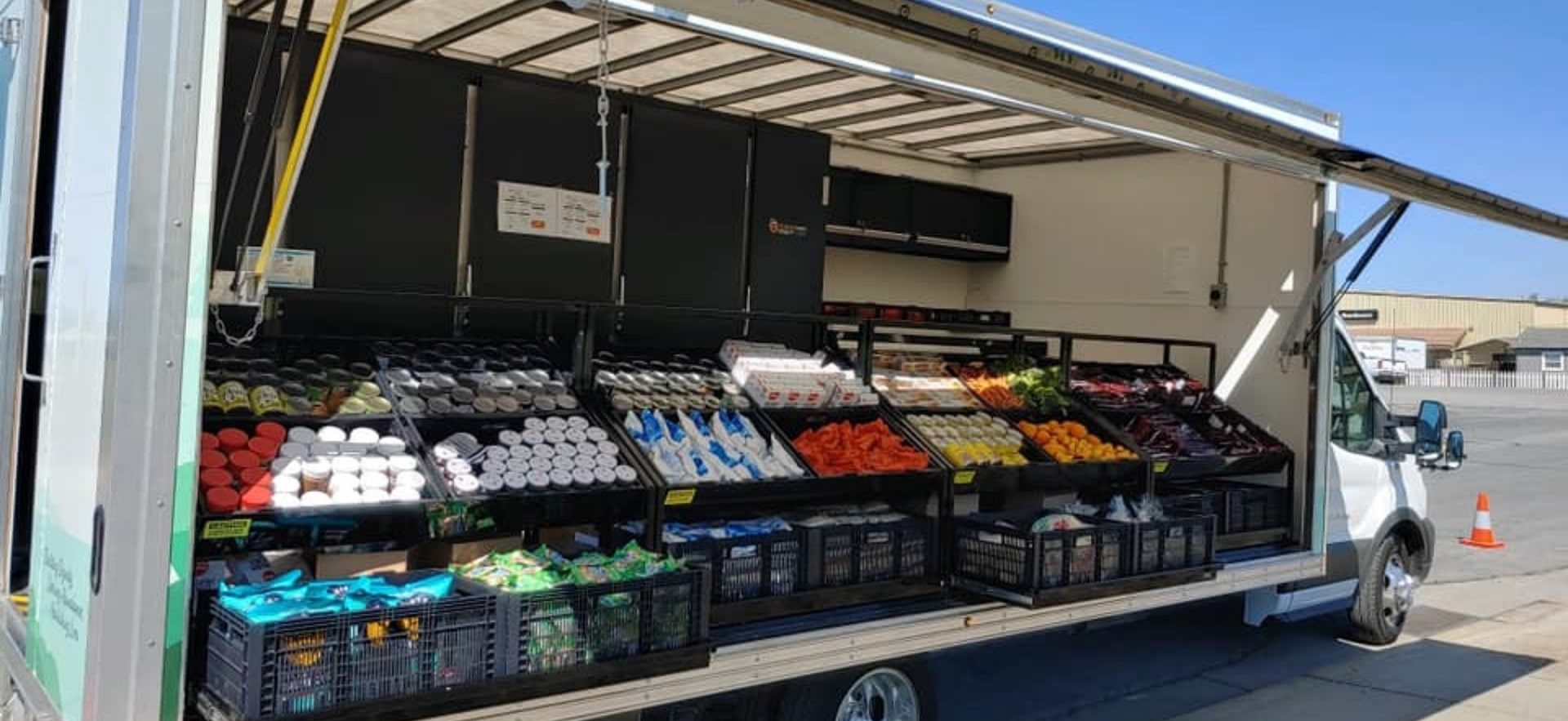When people turn to food pantries for help, they should feel supported—not judged or overlooked. But for many, the experience can be frustrating, uncomfortable, and even demeaning. This is often due to structural stigma—unfair systems and practices that make it harder for people to get the help they need, in ways that respect their dignity.
Our recent study involving interviews with 18 emergency food program clients in Pennsylvania and Delaware highlighted how some common challenges in food pantries send a harmful message: your time and needs don’t matter.
What does structural stigma look like in food assistance?
Participants in the study shared real experiences that show how stigma shows up in these settings:
- Long wait times—sometimes in bad weather, with no seating or shelter
- Limited or no choice in what food they receive
- Inaccessible buildings for people with disabilities
- Expired or poor-quality food that feels like “leftovers” or “garbage”
- Burdensome paperwork or unfriendly staff during the intake process
Why does this matter?
Research shows that when people feel judged or excluded by support systems, it can:
- Increase feelings of shame and isolation
- Make them less likely to seek help again
- Worsen physical and mental health over time
What can be done?
There are several ways food programs can reduce stigma and build more respectful, supportive environments:
- Offer full-choice models
- Full-choice models (like grocery store-style setups) give people more control and respect cultural, dietary, or religious needs
- However, different models (e.g., online ordering) may work better for people with mobility issues—so flexibility is key
- Improve food quality
- Avoid expired or spoiled items
- Set clear quality standards for food donations
- Work with local farmers for fresher produce
- Make spaces more accessible
- Add seating, ramps, or covered areas
- Reduce wait times and crowds
- Simplify administrative processes
- Limit paperwork
- Train staff to be welcoming, inclusive, and trauma-informed
Bottom line:
Fighting hunger isn’t just about providing food—it’s about doing it with dignity. Everyone deserves access to safe, nutritious food in a way that respects their time, their needs, and their humanity.


